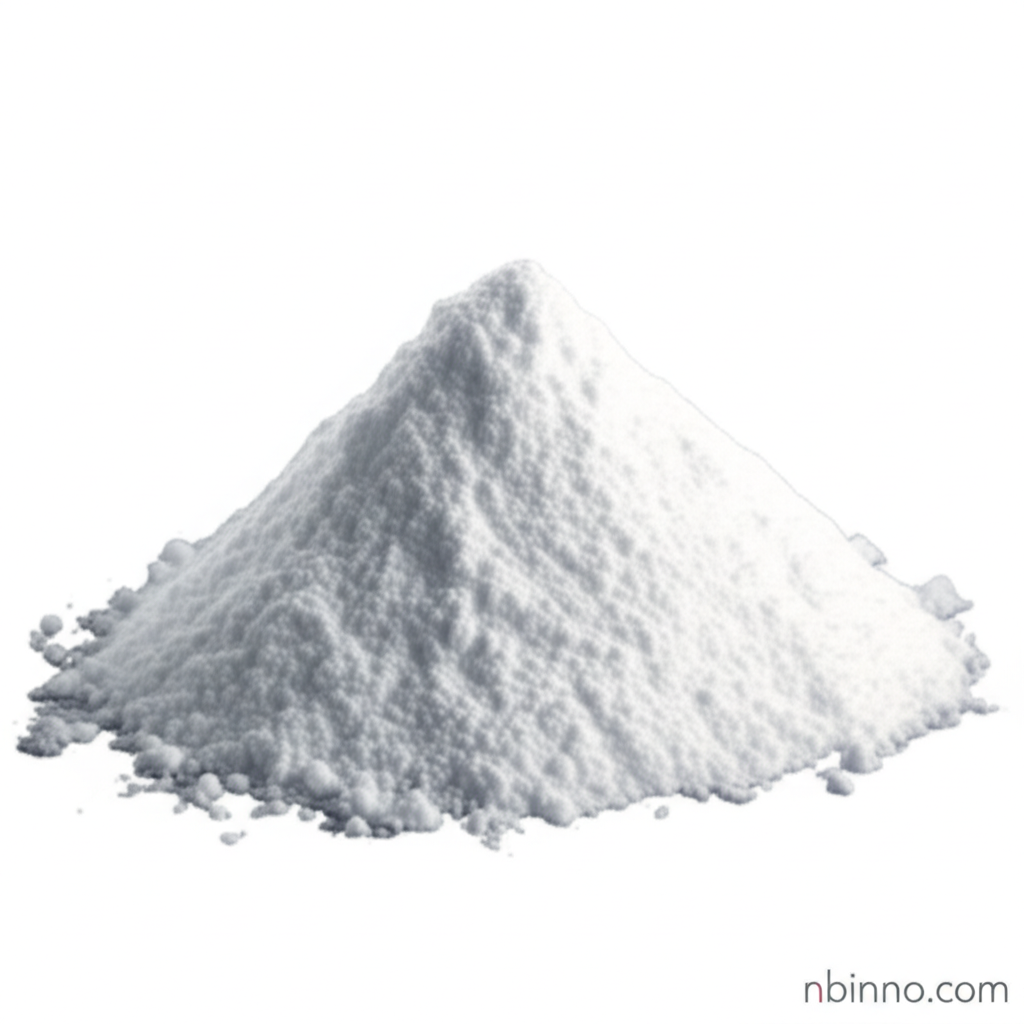L-DOPA: Your Comprehensive Guide to Parkinson's Disease Treatment
Understanding the crucial role of Levodopa in managing Parkinson's symptoms and improving quality of life.
Get a Quote & SampleThe Core Value of L-DOPA in Parkinson's Care

Levodopa (L-DOPA)
Levodopa, also known as L-DOPA, is a cornerstone in the treatment of Parkinson's disease. It's a precursor to dopamine, a neurotransmitter vital for regulating movement and coordination. By increasing dopamine levels in the brain, Levodopa effectively alleviates motor symptoms such as slowed movement, stiffness, and tremors, significantly enhancing a patient's ability to perform daily activities.
- Understanding how L-DOPA works in the brain is key to appreciating its therapeutic impact on Parkinson's disease.
- Patients often explore Levodopa side effects to prepare for potential challenges and discuss management strategies with their doctors.
- The combination of Carbidopa-Levodopa offers significant Carbidopa-Levodopa benefits, often reducing nausea and enhancing Levodopa's effectiveness.
- Effective Parkinson's disease medication management involves close collaboration with healthcare providers to optimize dosage and timing.
Key Advantages of Levodopa Therapy
Symptom Alleviation
Levodopa is highly effective in reducing the primary motor symptoms of Parkinson's disease, such as bradykinesia and rigidity, offering significant relief and improving daily functioning.
Dopamine Replacement
As a direct precursor to dopamine, Levodopa addresses the underlying neurochemical deficiency in Parkinson's patients, directly boosting dopamine levels in the brain.
Versatile Administration
The availability of Levodopa in various forms, including oral tablets, extended-release capsules, and even inhaled or infused options, allows for tailored treatment approaches to meet individual patient needs and manage fluctuations.
Key Applications
Parkinson's Disease Treatment
Levodopa is the most effective medication for managing the motor symptoms of Parkinson's disease, including slowness of movement, stiffness, and tremor.
Dopamine Replacement Therapy
It directly replenishes dopamine levels in the brain, which are depleted in individuals with Parkinson's disease, thereby restoring some degree of motor control.
Management of Parkinsonism
Beyond idiopathic Parkinson's, Levodopa is also used to manage parkinsonism caused by other factors, such as certain medical conditions or environmental exposures.
Improving Daily Functioning
By controlling debilitating symptoms, Levodopa significantly improves a patient's ability to perform everyday tasks like walking, eating, and dressing independently.
